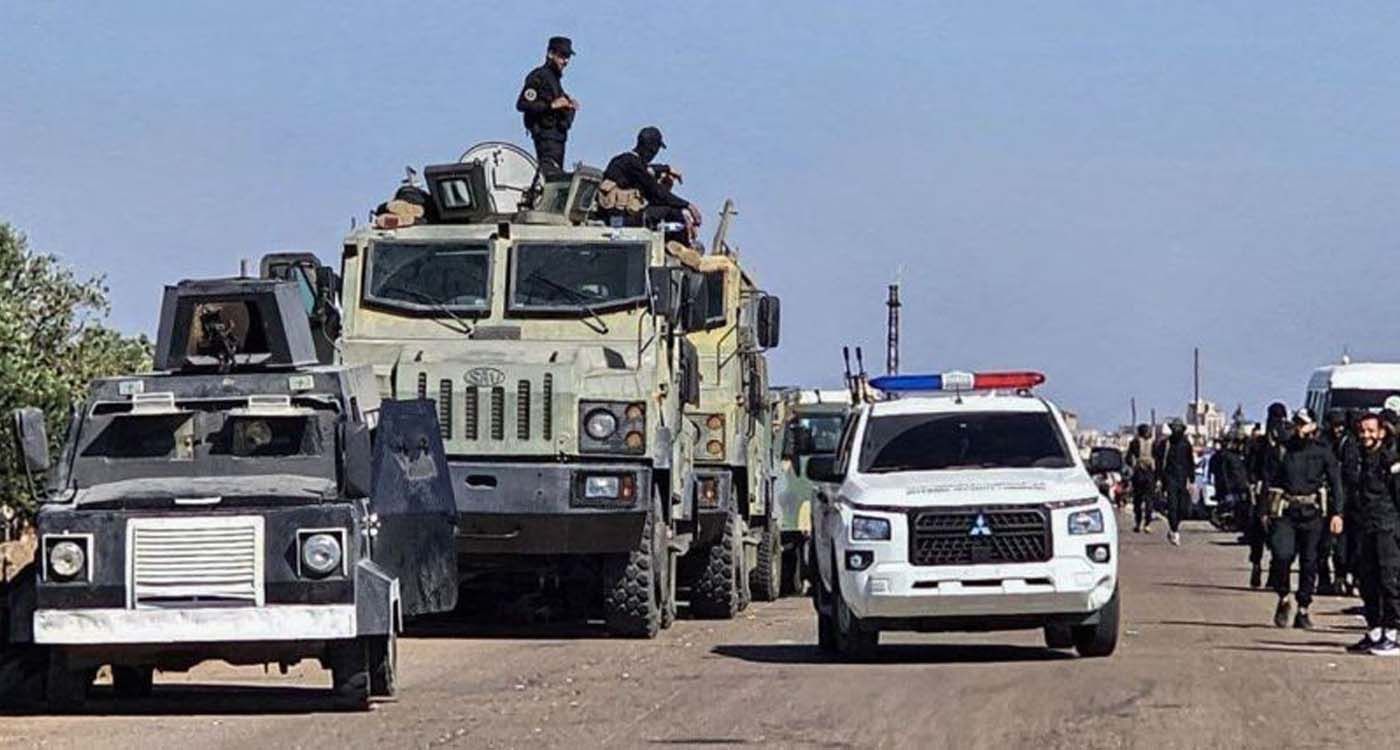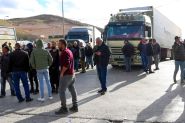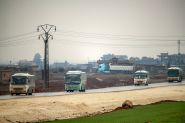- Home
- Middle East
- Violence Surges in Sweida: Syria Grapples with Sectarian Strife

©SANA / AFP
The Syrian province of Sweida, home to a Druze majority, is once again gripped by sectarian violence. Deadly clashes between members of Sunni Bedouin tribes and Druze fighters have left at least 89 people dead since Sunday, according to the latest toll from the Syrian Observatory for Human Rights (SOHR). Hundreds more have been wounded, including several children in critical condition.
These are the first deadly clashes between the two communities in the region since April and May, when violence erupted between Syrian security forces and Druze factions, leaving dozens dead.
Underlying Causes of the Clashes
The current outbreak of violence was reportedly triggered by a wave of abductions, notably the kidnapping of a Druze vendor last Friday on the road linking Damascus to Sweida.
This incident is believed to have reignited long-standing grievances between Druze clans and Bedouin tribes, leading to armed clashes in the Al-Makous neighborhood, east of Sweida city. Heavy gunfire was exchanged throughout the weekend, forcing the closure of the Damascus–Sweida road.
Meanwhile, security forces affiliated with the new Syrian authority have launched several incursions into the western part of the province, aiming to break the lines of confrontation and reassert government control.
An informed source revealed that the Ministries of Defense and Interior dispatched significant military reinforcements to Sweida on Monday morning in an attempt to separate the warring parties.
The forces were reportedly targeted by rocket fire as soon as they entered the province, resulting in casualties, injuries and the destruction of an armored vehicle. “Nevertheless, they continued their advance toward the city, while Druze fighters retreated to urban areas,” the same source specified.
Official Responses and Local Reactions
In response to the escalation, authorities ordered a joint intervention to “restore order, secure the province and disarm non-state armed groups.”
According to the same source, the central government made the political and military decision to disarm all local armed factions—whether Druze or Bedouin—stating that “from now on, not one rifle will be allowed outside the hands of the state.”
Reinforcements from the army and police were seen advancing from Soura, the first Druze town on the road to Damascus, toward Sweida.
Amid growing tensions, the main Druze armed group, Harakat Rijal al-Karama (Movement of the Men of Dignity), condemned the government’s handling of the situation. In a statement to Al-Hadath TV, the group accused the government of failing to honor agreements reached several months ago and demanded the immediate withdrawal of the army from Sweida. It also criticized the deployment of troops without coordination with local forces.
Calls for De-Escalation
The fighting sparked a widespread mobilization among the Druze community in the province, with numerous calls for restraint and a ceasefire issued by community leaders.
A council of Druze notables and dignitaries gathered at the home of Sheikh Hammoud al-Hannawi, the community’s spiritual leader, in Sahwat al-Balat in the southern province.
A close aide to the sheikh told the German news agency DPA that their goal was to “preserve civilian lives and initiate a process of de-escalation.”
From Beirut, Druze leader Walid Joumblatt called for the restoration of “security and harmony in Sweida through a political solution under the aegis of the Syrian authorities, with whom we remain in contact.” He also rejected any form of external interference, including from Israel, in managing the crisis.
Historical Context and Ongoing Dynamics
The current tensions reflect a prolonged climate of distrust toward Damascus. Since the fall of the Assad regime in December 2024, the region has witnessed a resurgence of ethno-sectarian tensions, alongside growing friction between transitional authorities and local communities.
In April, clashes broke out between Druze groups and security forces amid anti-government protests, resulting in dozens of deaths.
Agreements had been reached to defuse the crisis, including the partial integration of Druze fighters into official security structures, but according to Rijal al-Karama, these commitments have largely gone unfulfilled.
Unlike the clashes in the spring, which were primarily directed against the state, the violence in July has taken on a communal dimension, directly pitting Druze and Sunni Bedouin groups against each other.
Read more




Comments